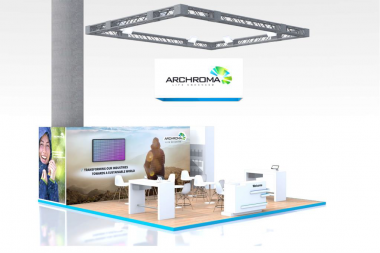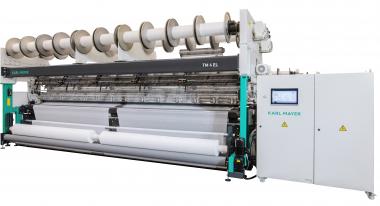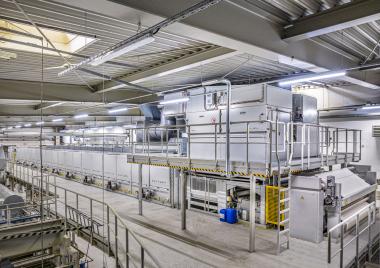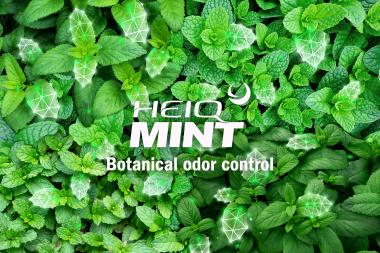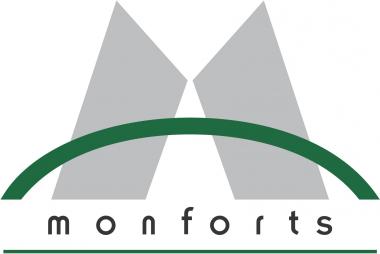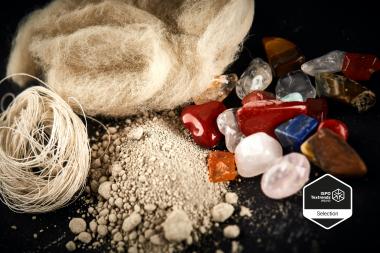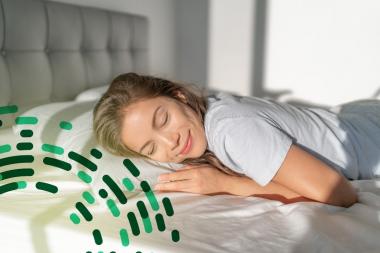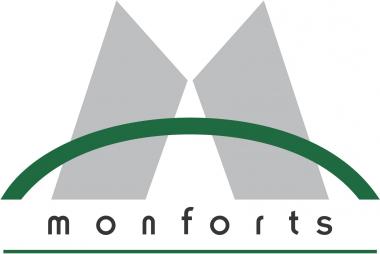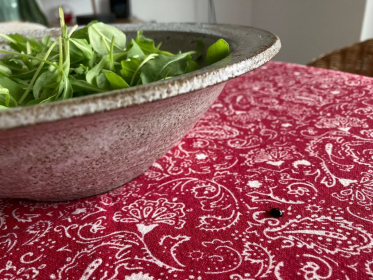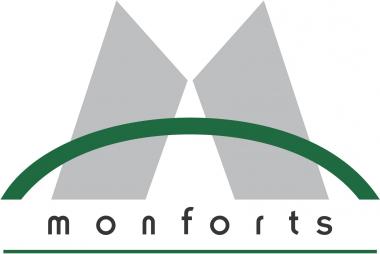Archroma at Techtextil 2024
Archroma will introduce its new Super Systems+ concept and highlight product innovations at Techtextil 2024, being held in Frankfurt, Germany from April 23 to 26.
A highlight of Archroma’s participation in Techtextil, Super Systems+ are powerful end-to-end systems that combine fiber-specific processing solutions and intelligent effects. The Super Systems+ suite encompasses wet processing solutions that deliver measurable environmental impact from sizing to finishing; durable colors and functional effects that add value and longevity to the end product; and cleaner chemistries that eliminate harmful or regulated substances.
For textile partners to the automotive industry, Archroma is introducing DOROSPERS® KHF, a new range of high-lightfast disperse dyes that provide optimum build up on polyester microfiber, including artificial suede for car interiors.
For nonwoven applications in fields such as healthcare, hygiene and filtration, Archroma recommends APPRETAN® FFX6750, a new addition to its range of high-performance zero-formaldehyde acrylic copolymers, and APPRETAN® FFX1540.
APPRETAN® FFX1540 is a new APEO free and formaldehyde free self-crosslinking polymer, medium soft with very low tackiness, and strongly hydrophobic, developed for the chemical bonding of nonwovens and for the coating of technical textiles, where low water absorption and high-water tightness are required, combined with high durability in severe environment.
For workwear and uniforms that protect people under adverse conditions, Archroma solutions include HELIZARIN® ULTRA-FAST, for printing with pigment dispersions and metallic pigments, and the new ALBAFIX® ECO Plus wet fastness improver. Archroma’s PFC-free PHOBOTEX® R-ACE durable water repellent delivers excellent water repellence while preserving fabric quality and ensuring sustainability. Archroma has also expanded the revolutionary AVITERA® SE GENERATION NEXT range of resource-saving dyes with new colors.
Further solutions for active wear and workwear include the newly launched bio-based PHOBOTEX® NTR-50 durable water repellent product, which is PFAS free, formaldehyde free and crosslinker free, as well NYLOFIXAN® HFS, a new fixing agent for polyamide and blends that is fully compliant with the latest restrictions on bisphenol compounds.
Archroma is also launching ARKOPHOB® NTR-40 at Techtextil 2024. The company’s first crosslinker with an improved sustainability profile, its monomers are partially derived from renewably sourced, plant-based raw materials. Another new innovation is biocide-free OX20, an odor-neutralizing technology launched by Archroma in partnership with SANITIZED AG.
For home textiles, mills and brands can select ARKOFIX® NZW formaldehyde-free* resin for high whiteness and extraordinary product stability, with no yellowing during storage at elevated temperatures, even over a prolonged period of time. For a super-soft handle, the SILIGEN® EH1 is a vegan silicone macro-emulsion softener with 35% plant-based active content.
Archroma


